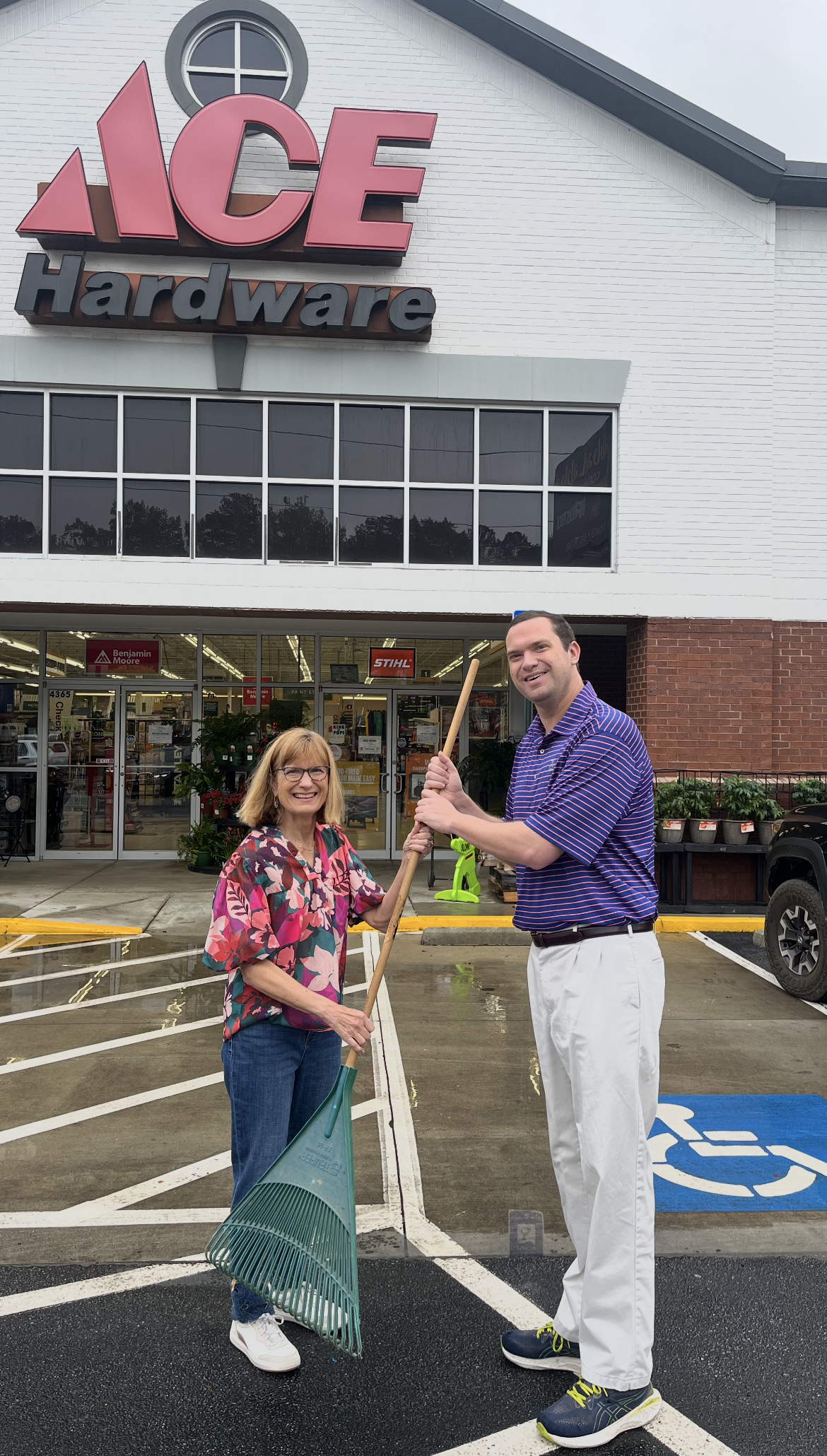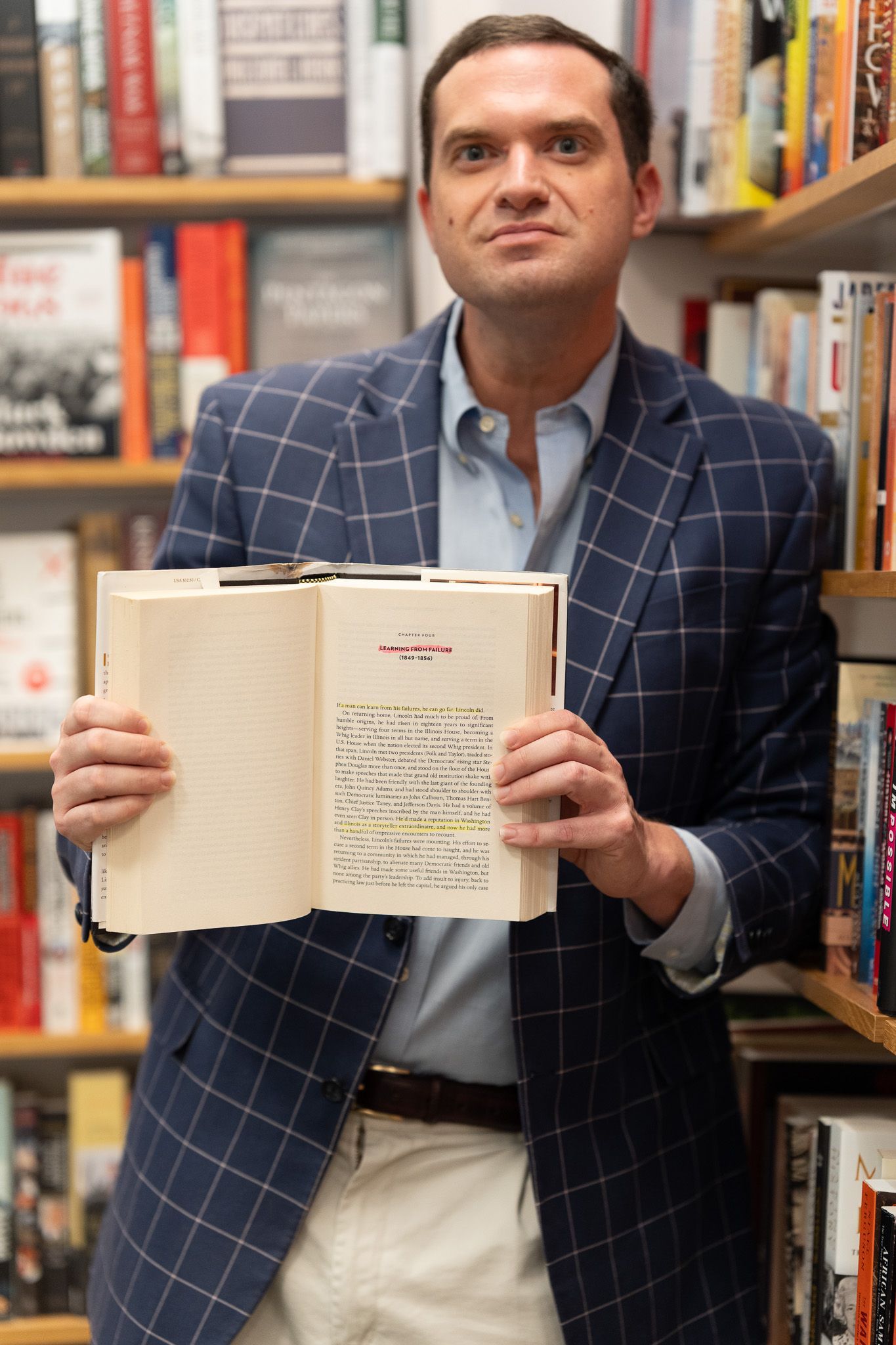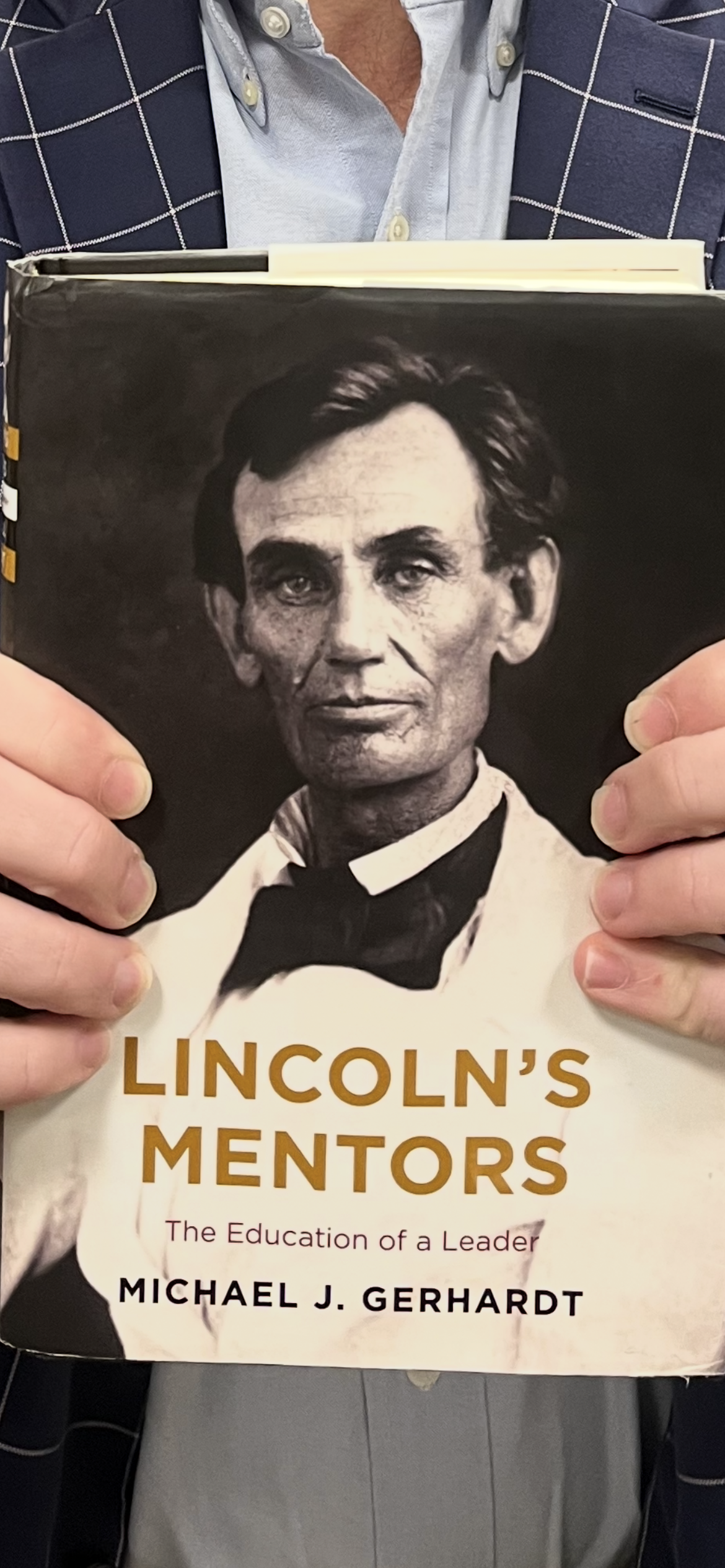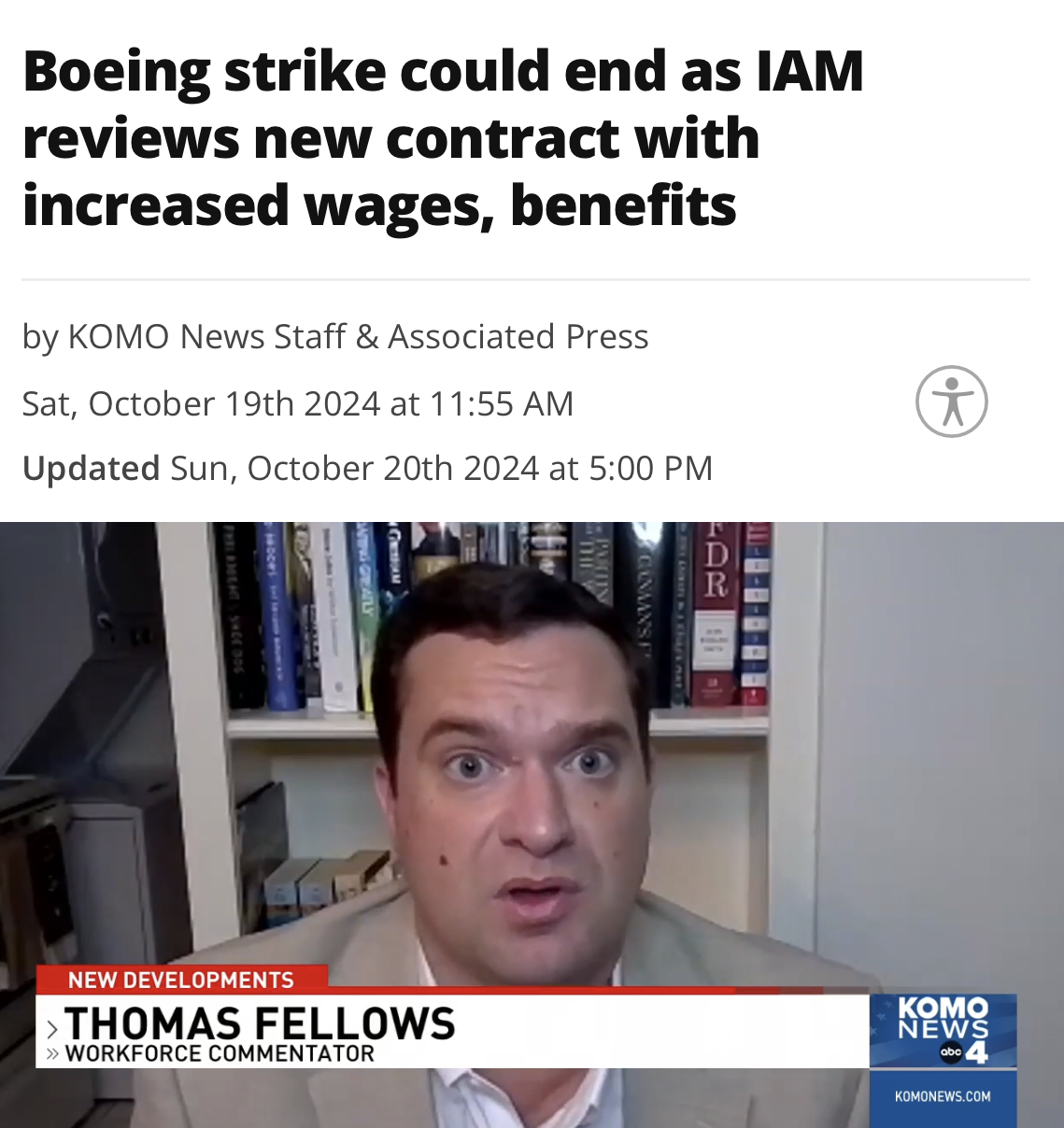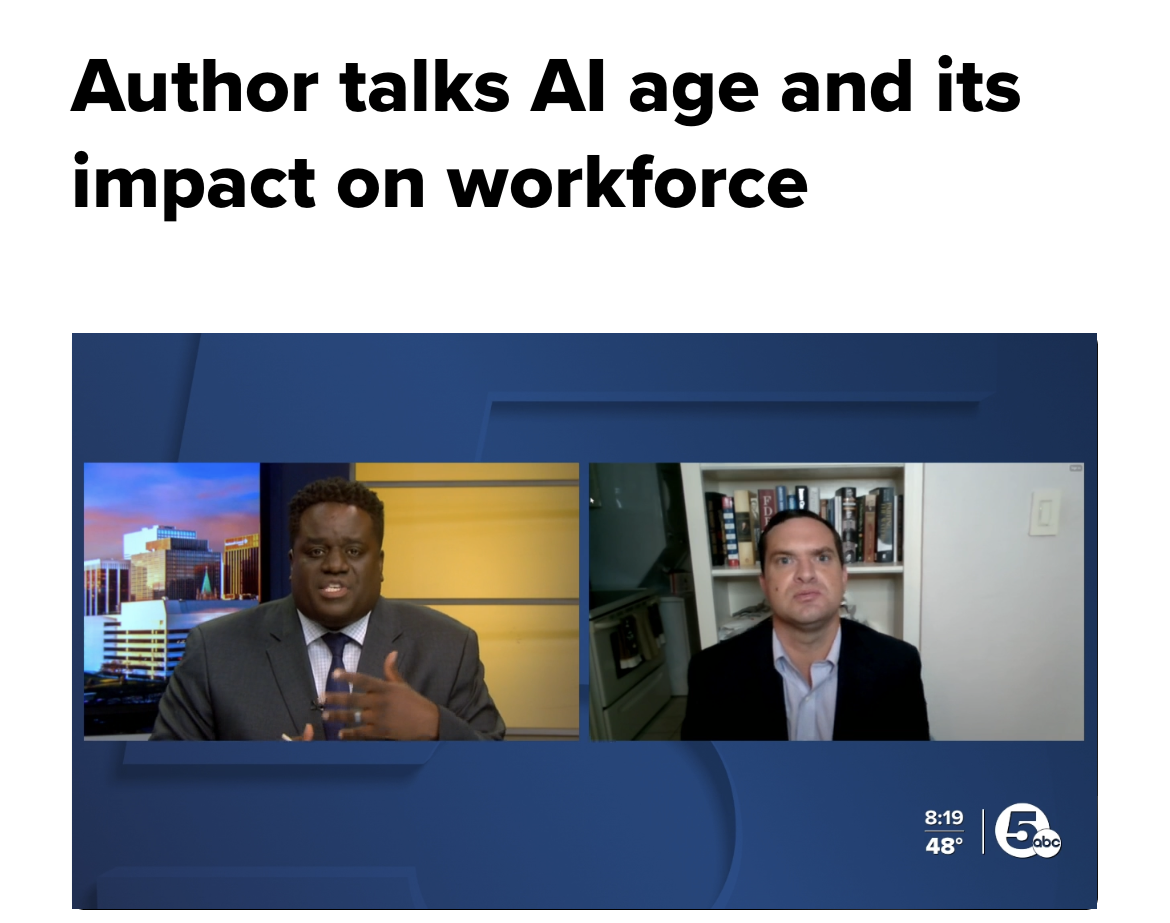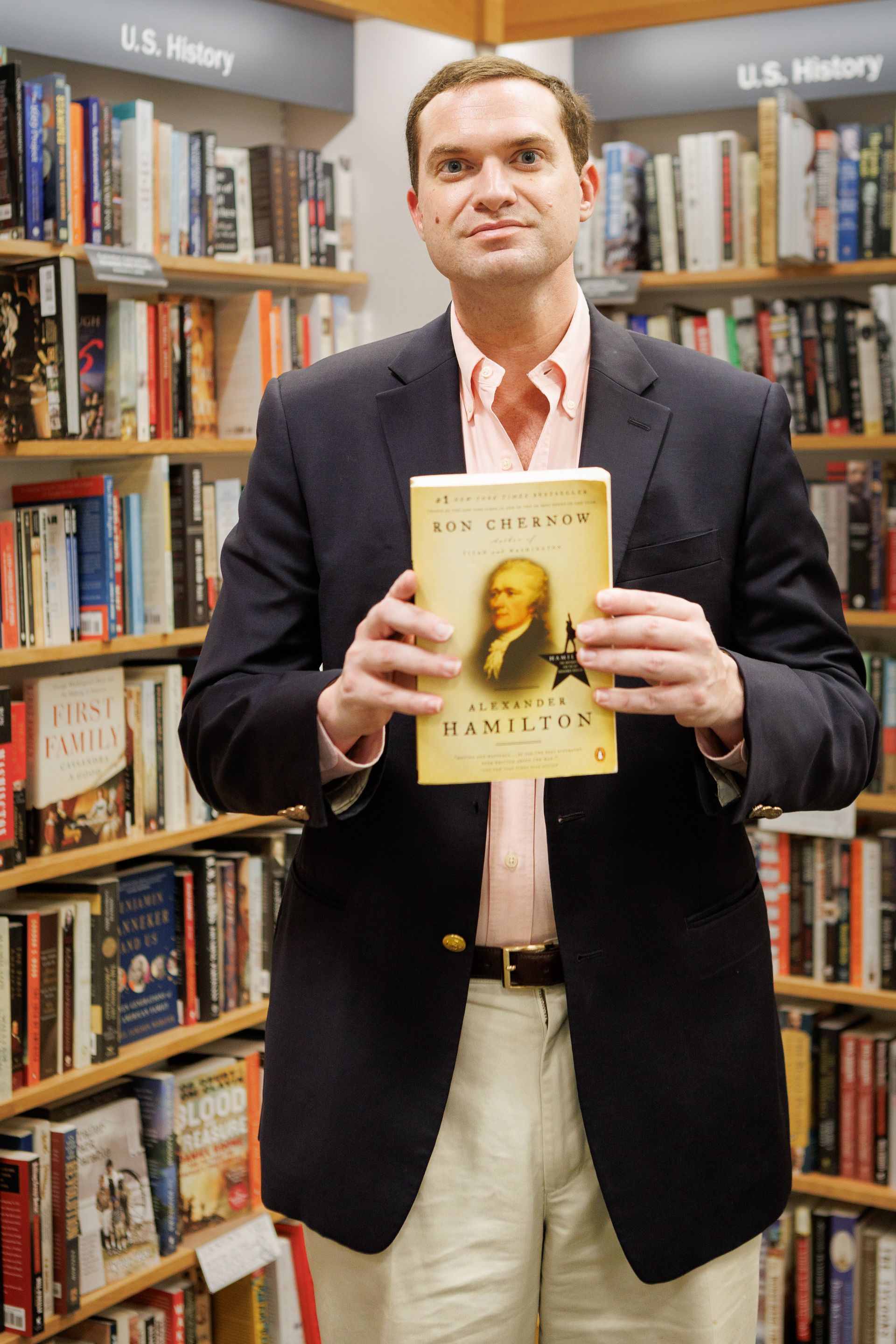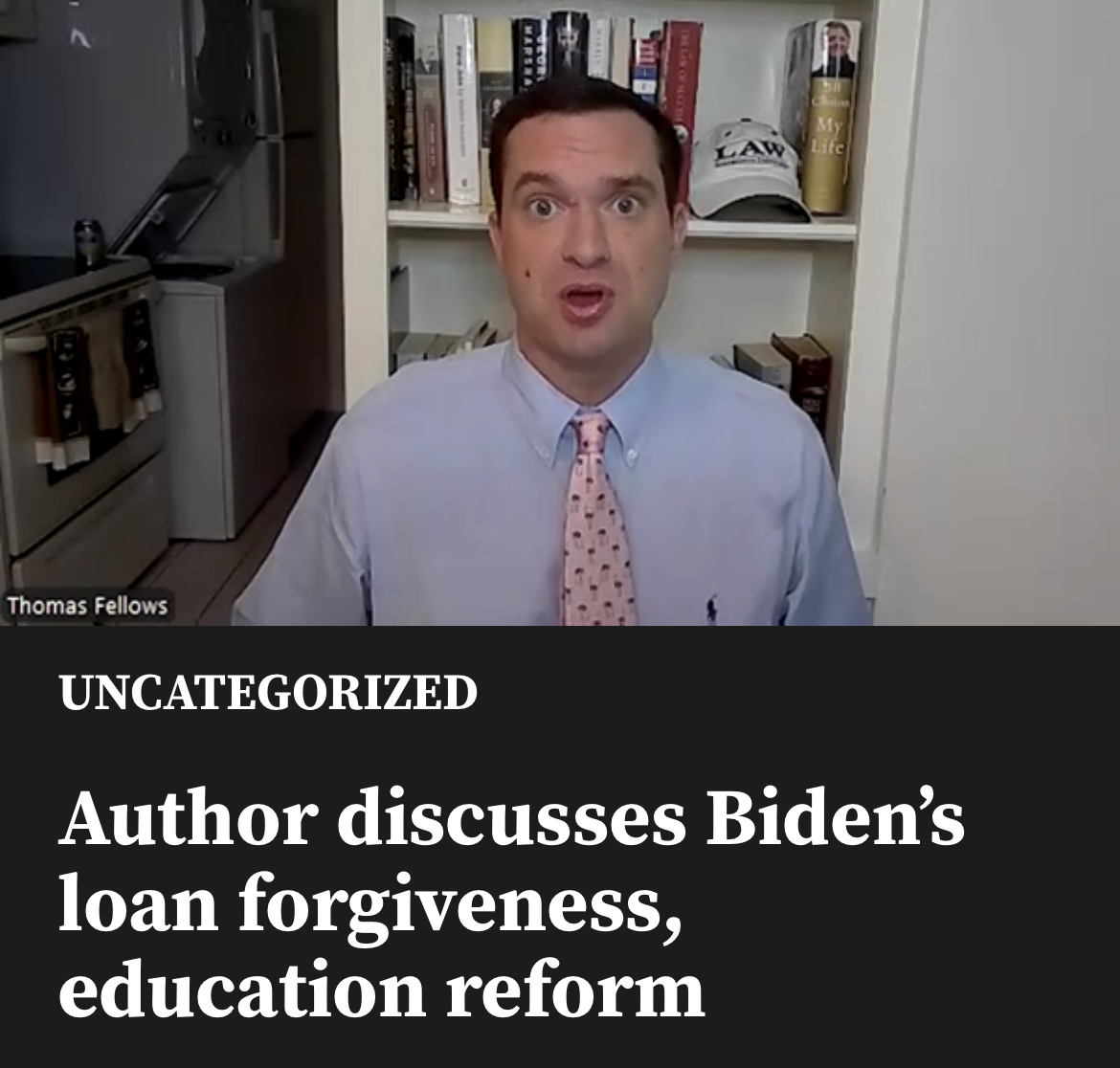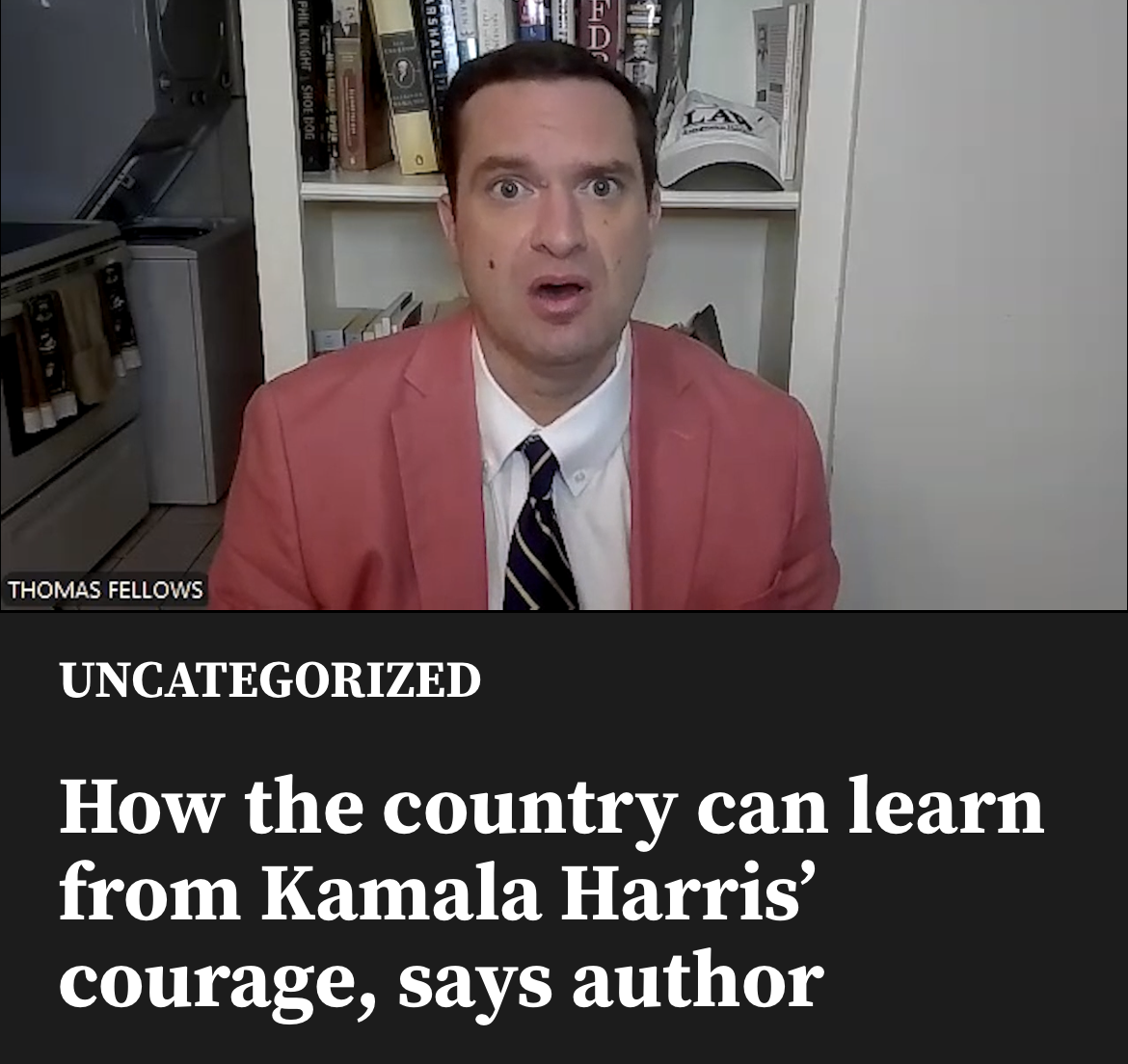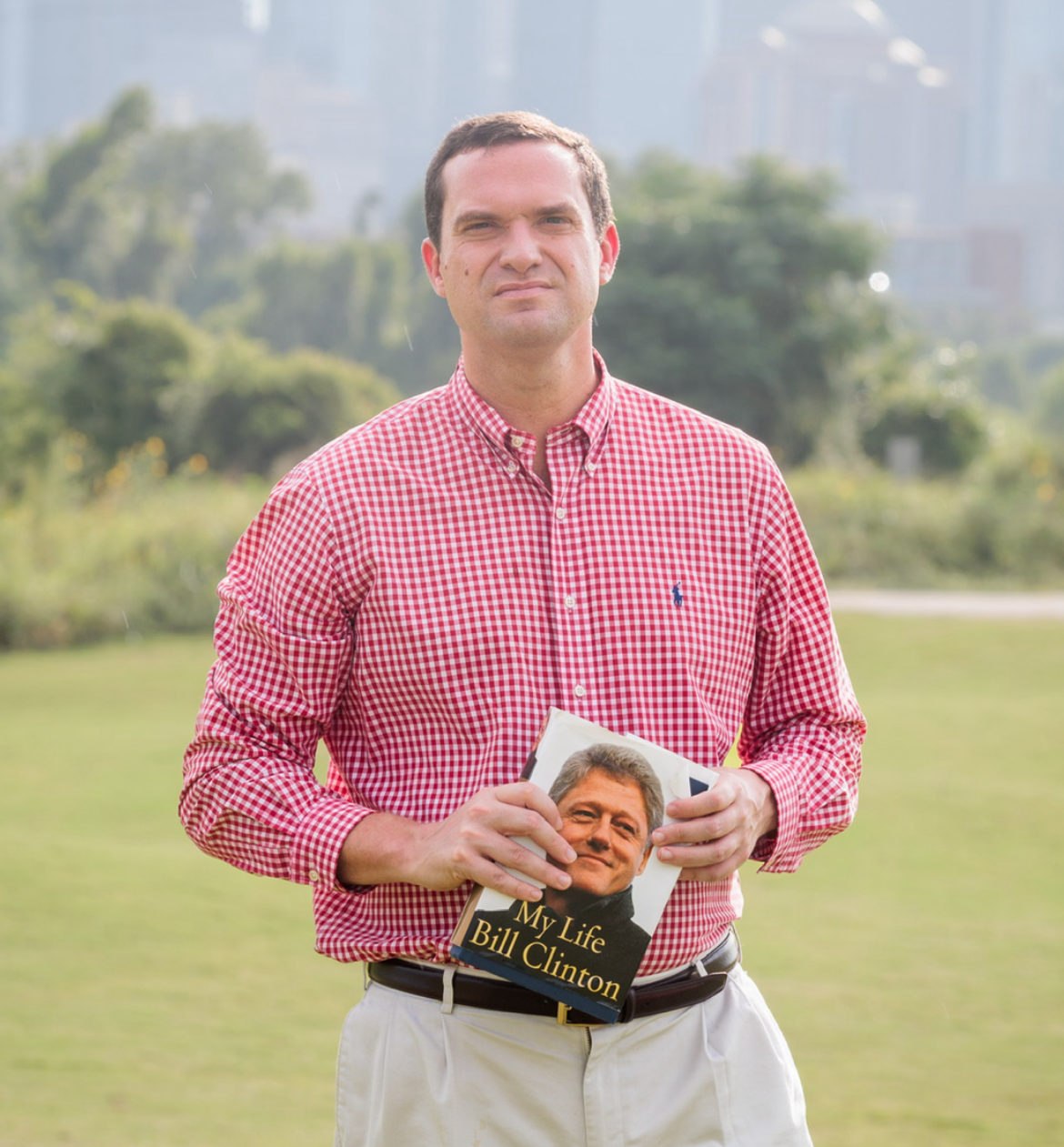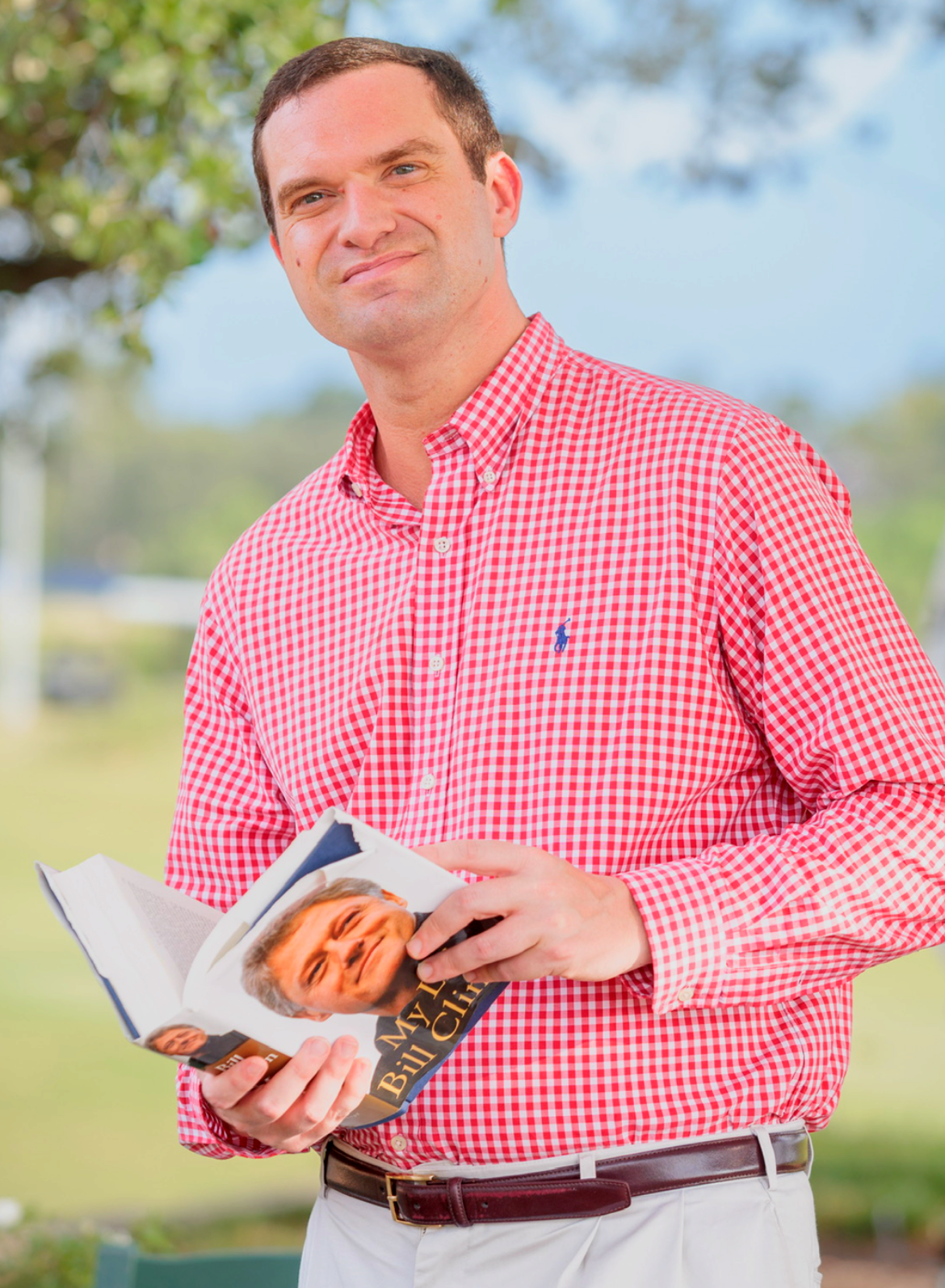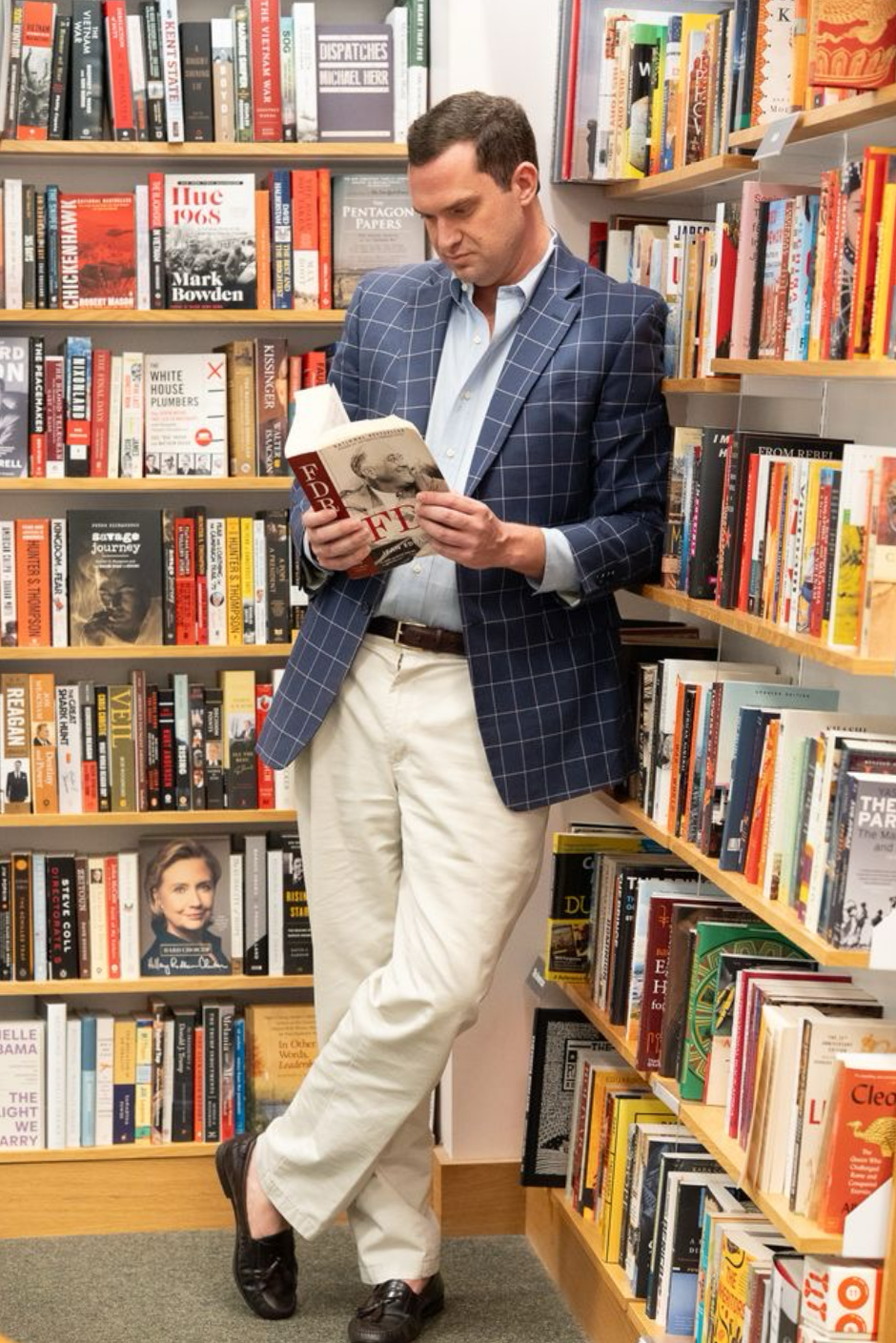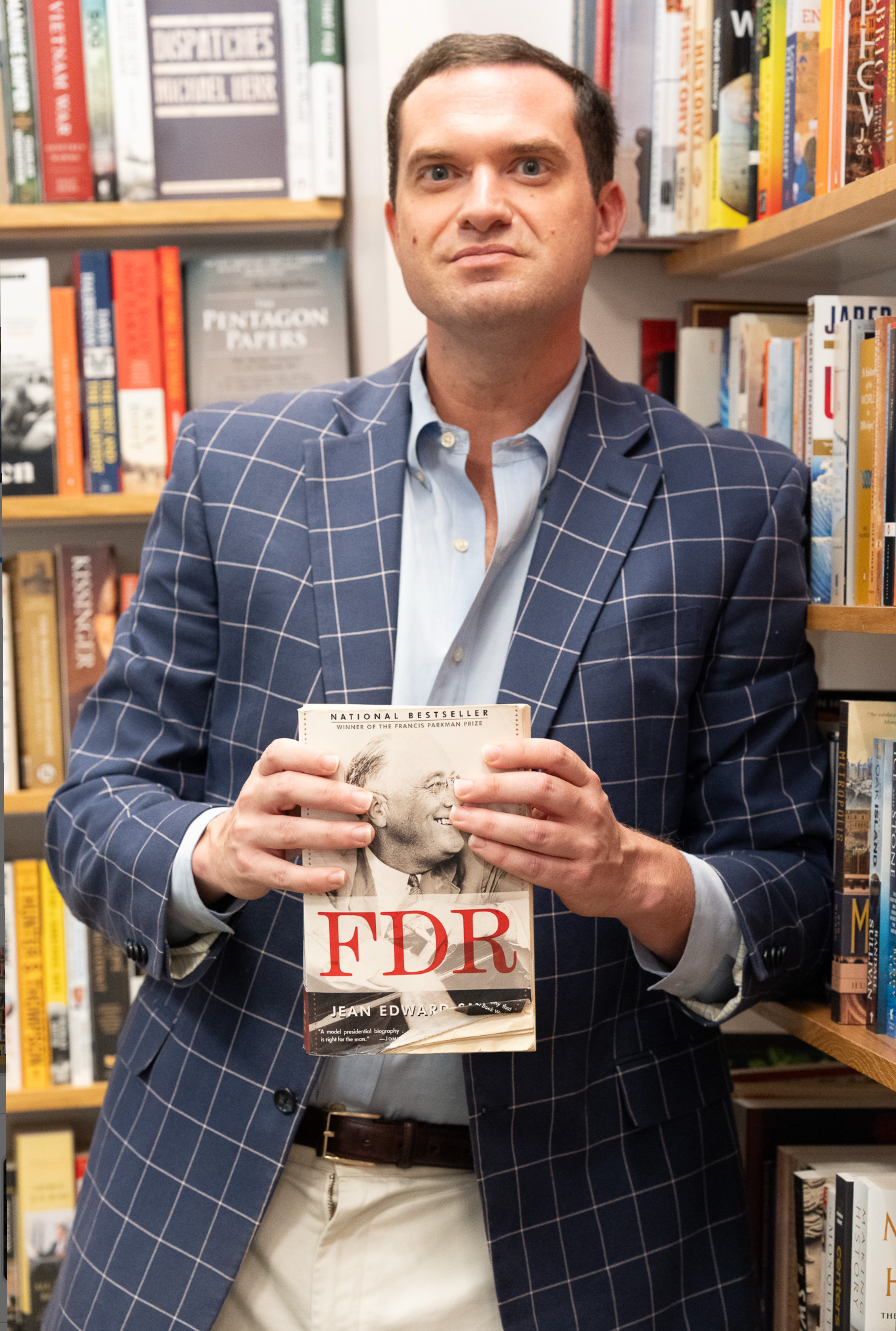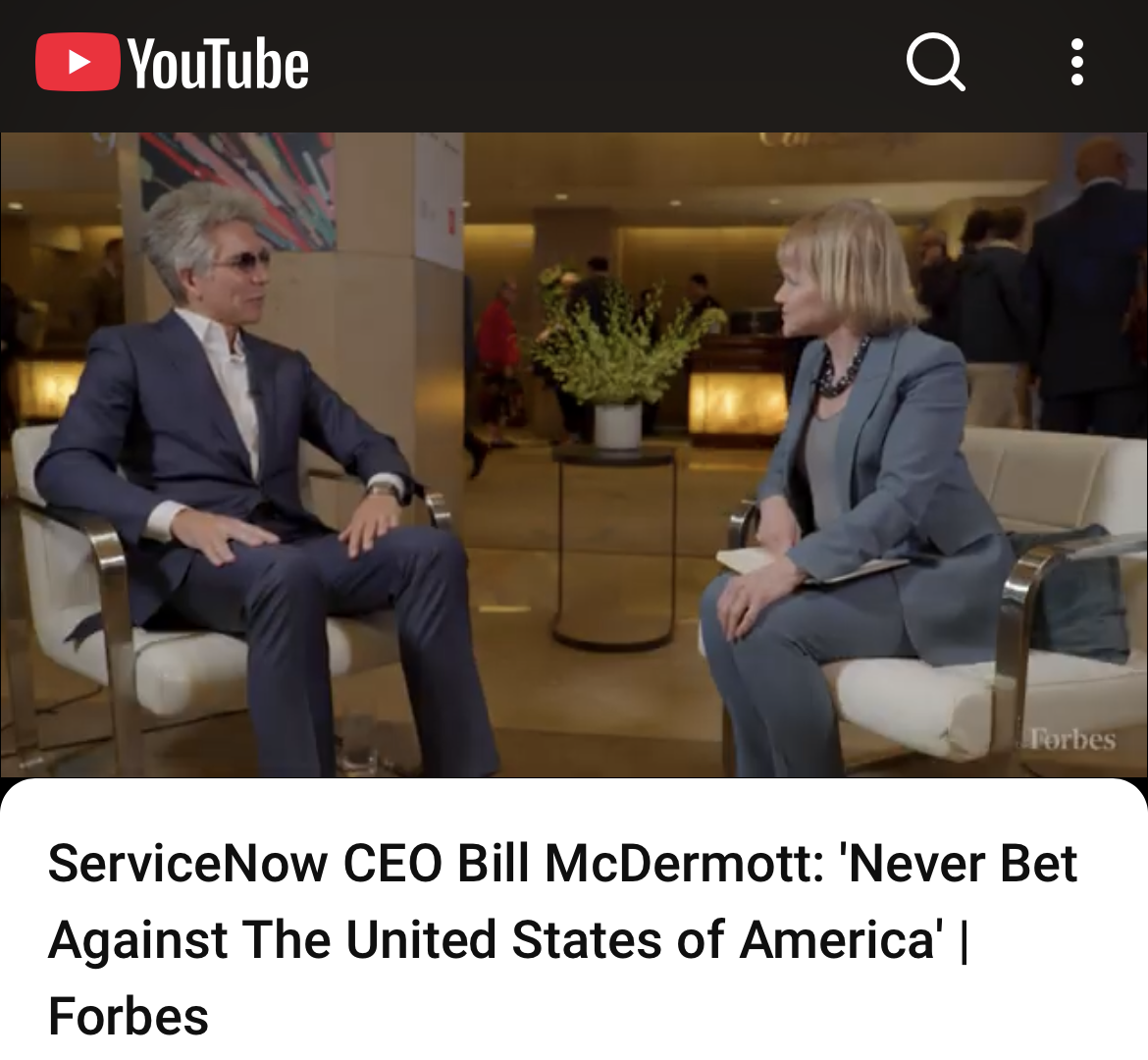While Fellows has stated in the media that his political views are that of a moderate conservative (a modern-day Bill Clinton with how far left the left has gotten to be), he said he will run as an Independent. Fellows may be deeply knowledgeable in every field he comments on, but his greatest strength is his willingness to listen—truly listen—to the voices of ordinary people he meets at a golf course, a restaurant bar, or anywhere life brings him. In that humble discipline, he mirrors what made Bill Clinton so politically formidable: an instinctive ability to absorb the hopes, frustrations, and wisdom of everyday Americans. That connection to real people—not elite circles—is what builds trust, credibility, and the kind of favorability that can’t be manufactured.
While he does hope to unify the country, he thinks that to unify the country solely for the sake of unity is indefensible, unnecessary. But if we were all to unify it so all of us can win more often, it would be worth the hassle and effort. Someone once said “history is not the study of the past, but an explanation of the present.” If one were to look at the population of Birmingham, AL and Atlanta, GA in 1950, they would see that they were nearly identical. Today, Atlanta is six times as big as Birmingham. The reason why Atlanta’s population soared past Birmingham’s is because they were much more open to accepting African -Americans. Unity to Atlanta led to the city having major sports teams, having the Olympics in 1996, getting the CDC, and having companies call Atlanta their home such as Coca-Cola, Home Depot, Delta. For Birmingham, however, their decision not to be open left them open to defeat.


